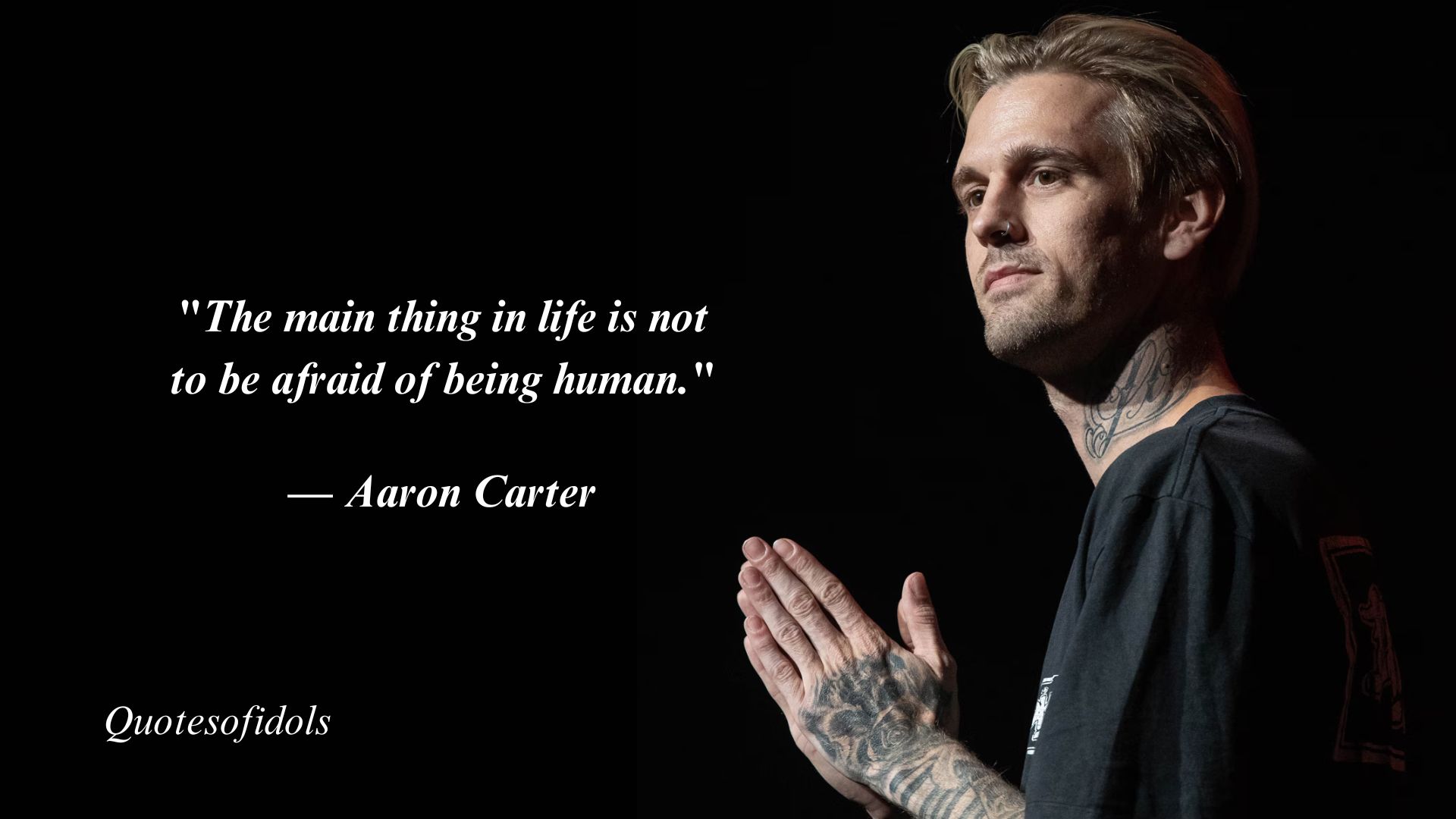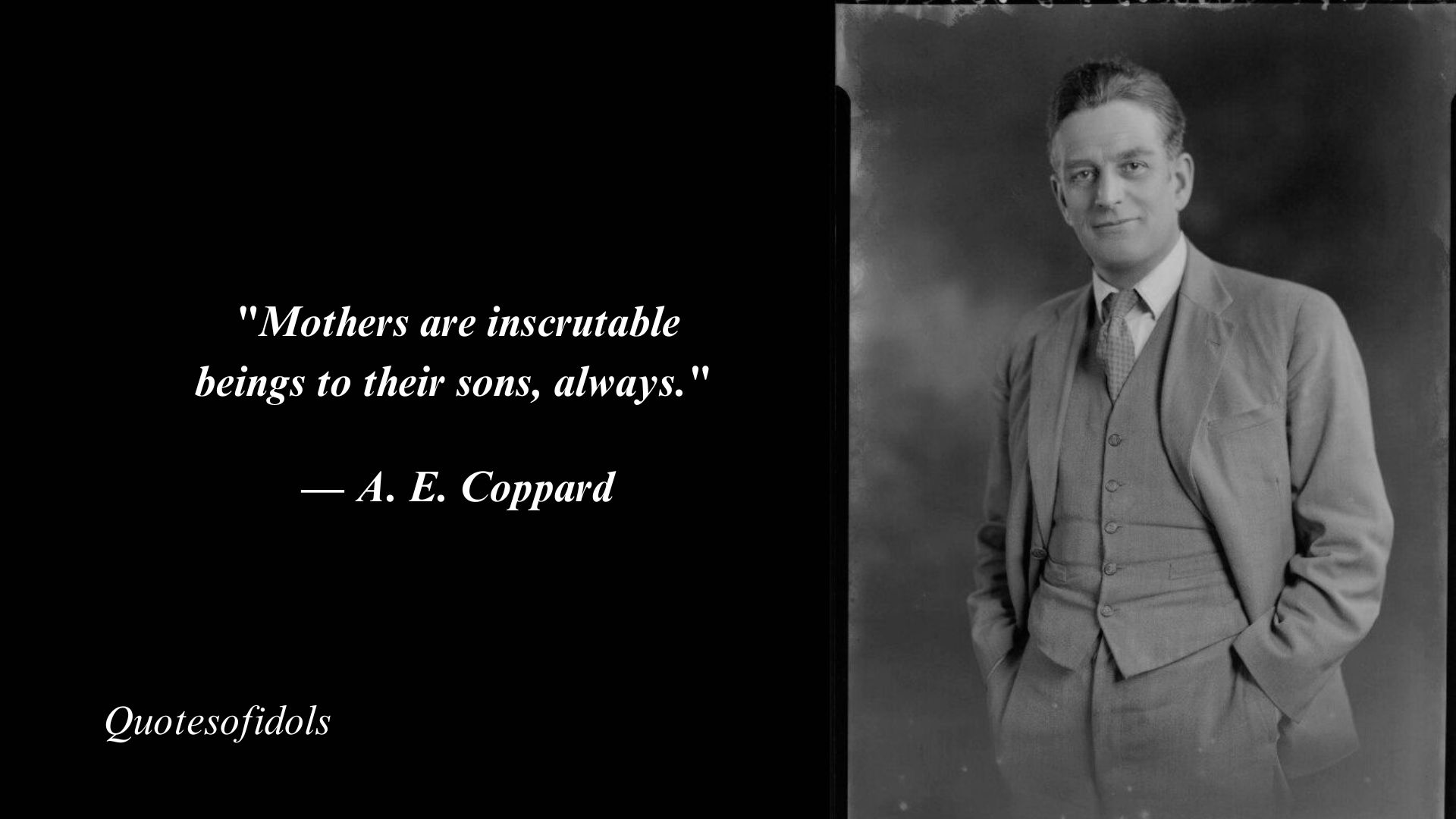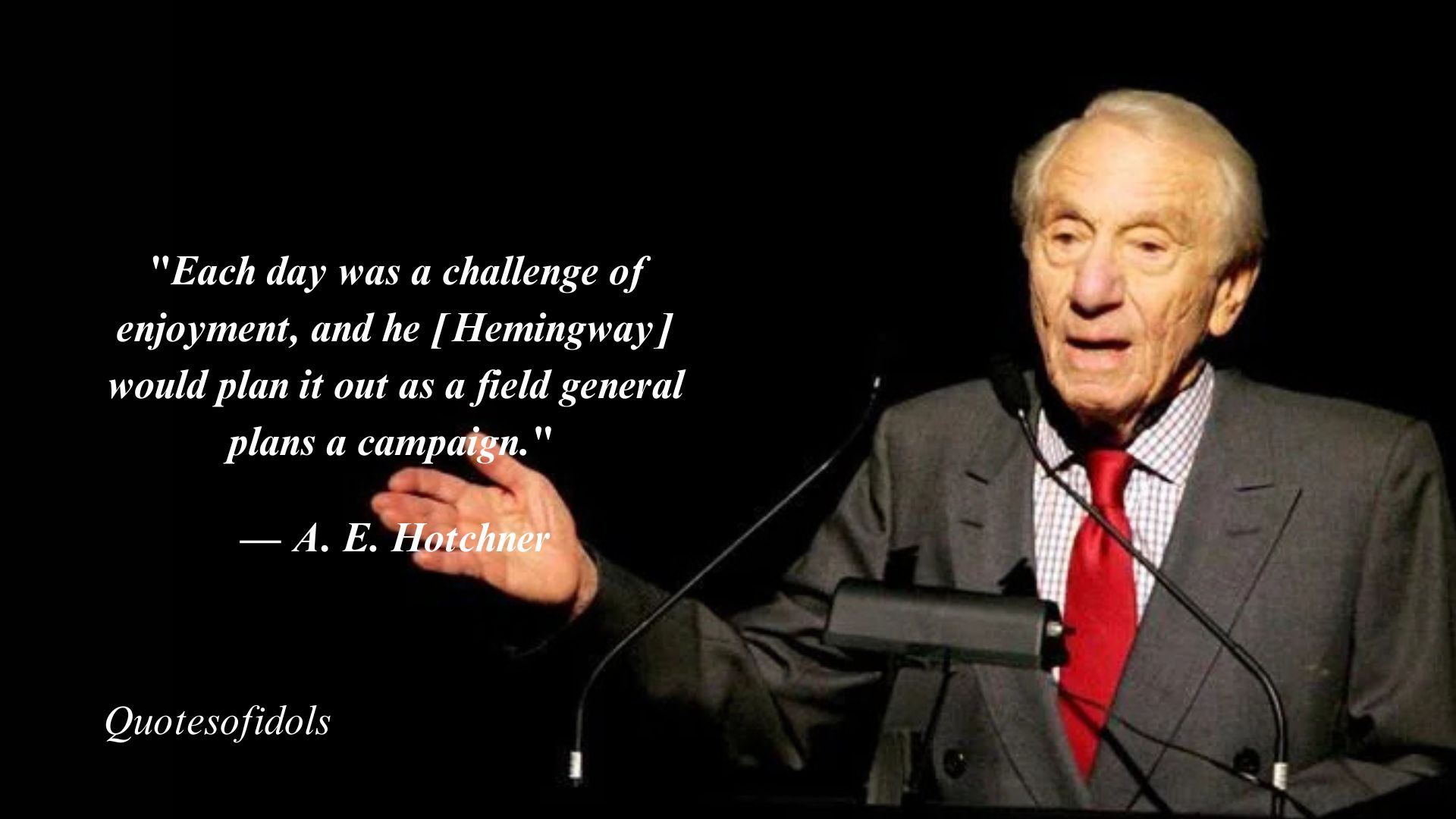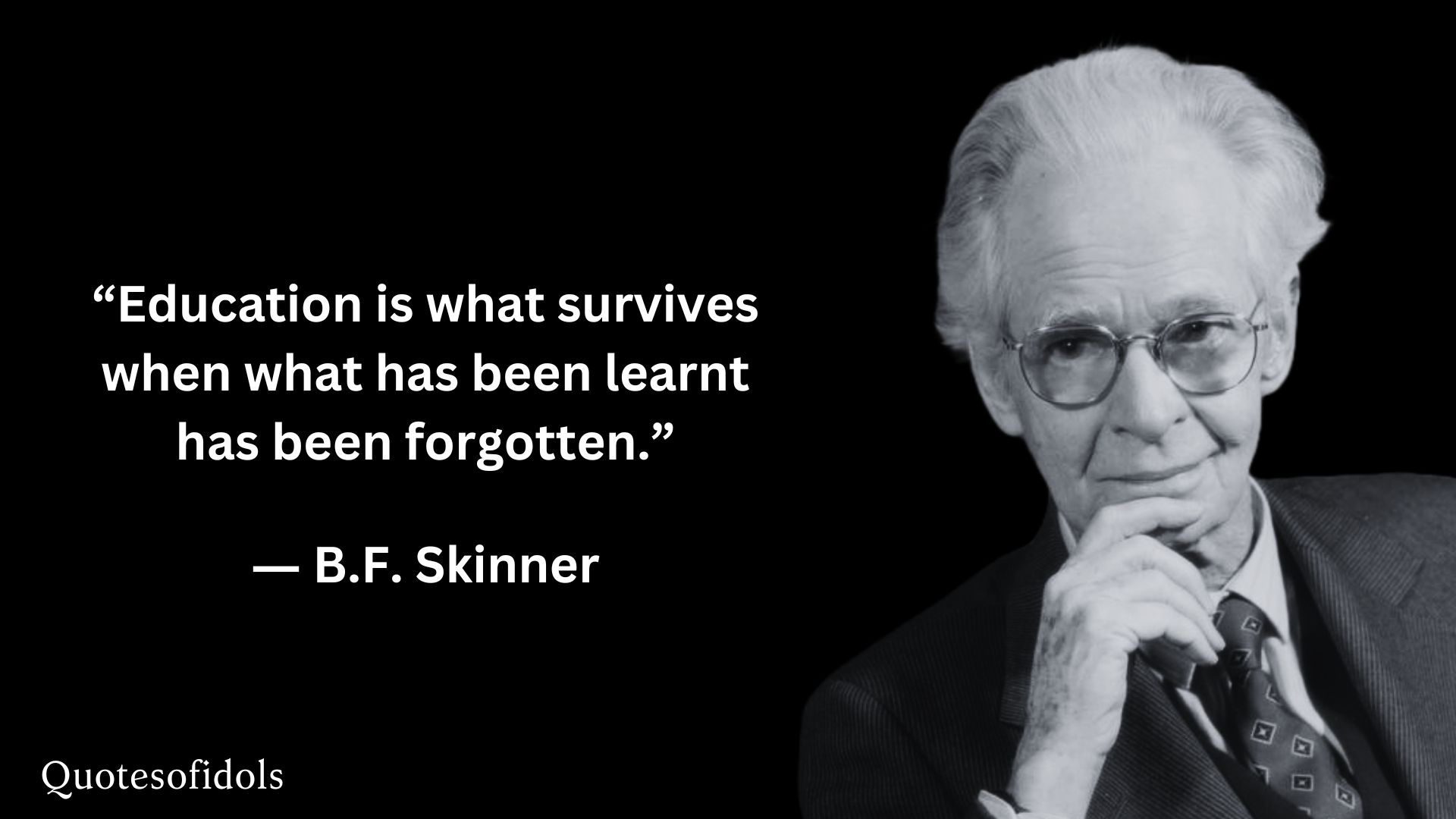All Time Famous Quotes of Wilhelm Maximilian Wundt
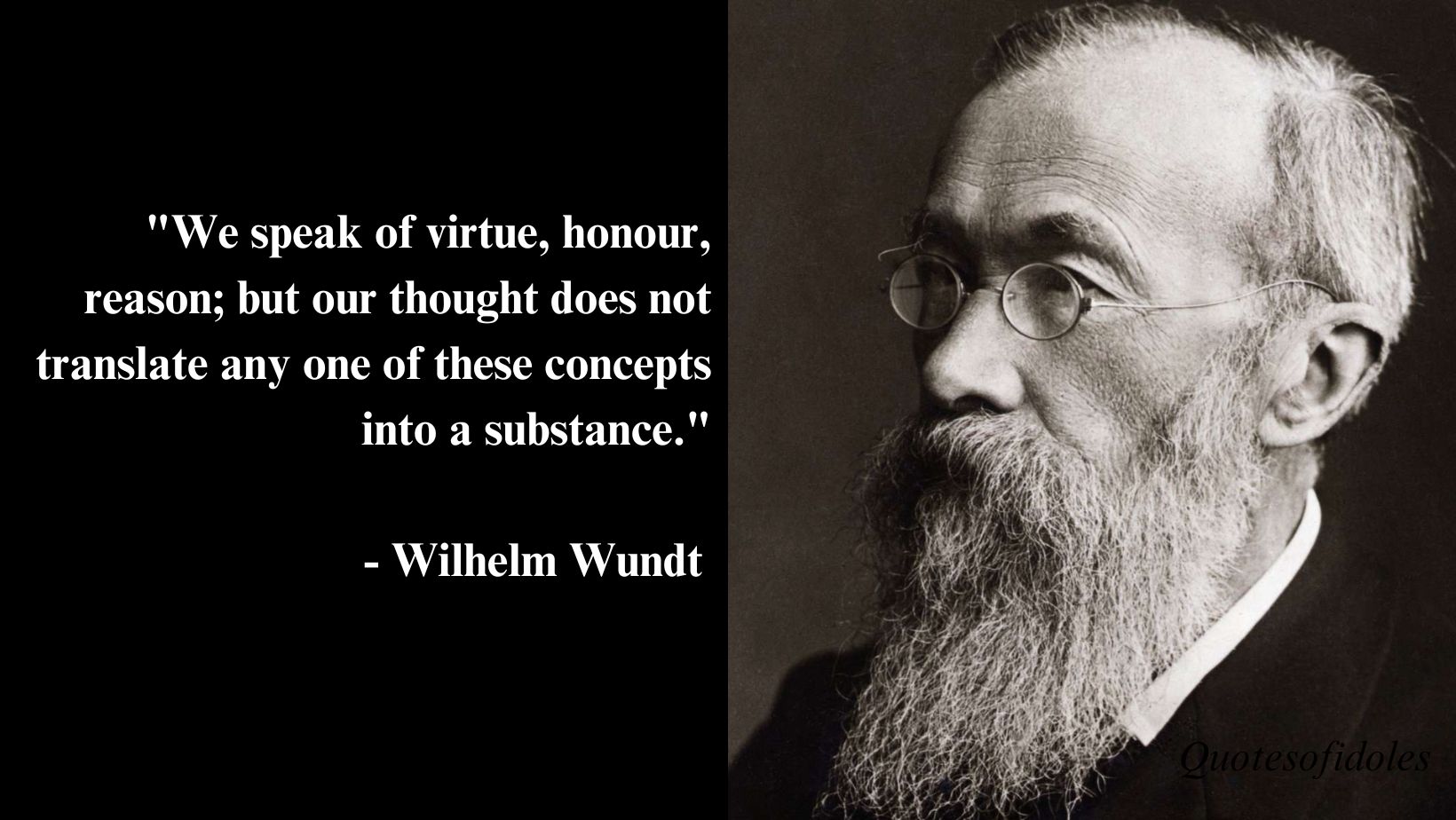
Wundt was born at Neckarau, Baden (now part of Mannheim) on 16 August 1832, the fourth child to parents Maximilian Wundt (1787–1846), a Lutheran minister, and Marie Frederike, née Arnold (1797–1868). Two of Wundt’s siblings died in childhood; his brother, Ludwig, survived. Wundt’s paternal grandfather was Friedrich Peter Wundt (1742–1805), professor of geography and pastor in Wieblingen. When Wundt was about six years of age, his family moved to Heidelsheim, then a small medieval town in Baden-Württemberg.
Wilhelm Maximilian Wundt Quotes
01. “We speak of virtue, honour, reason; but our thought does not translate any one of these concepts into a substance.”
– Wilhelm Wundt
02. “The distinguishing characteristics of mind are of a subjective sort; we know them only from the contents of our own consciousness.”
– Wilhelm Wundt
03. “The task of physiological psychology remains the same in the analysis of ideas that it was in the investigation of sensations: to act as mediator between the neighbouring sciences of physiology and psychology.
Physiological psychology is, therefore, first of all psychology.”
– Wilhelm Wundt
04. “Our mind is so fortunately equipped, that it brings us the most important bases for our thoughts without our having the least knowledge of this work of elaboration. Only the results of it become unconscious.”
– Wilhelm Wundt
05. “The old metaphysical prejudice that man ‘always thinks’ has not yet entirely disappeared. I am myself inclined to hold that man really thinks very little and very seldom.”
– Wilhelm Wundt
06. “Psychology must not only strive to become a useful basis for the other mental sciences, but it must also turn again and again to the historical sciences, in order to obtain an understanding for the more highly developed metal processes.”
– Wilhelm Wundt
07. “The results of ethnic psychology constitute, at the same time, our chief source of information regarding the general psychology of the complex mental processes.”
– Wilhelm Wundt
08. “The materialistic point of view in psychology can claim, at best, only the value of an heuristic hypothesis.”
– Wilhelm Wundt
09. “There are other sources of psychological knowledge, which become accessible at the very point where the experimental method fails us.”
– Wilhelm Wundt
10. “From the standpoint of observation, then, we must regard it as a highly probable hypothesis that the beginnings of the mental life date from as far back as the beginnings of life at large.”
– Wilhelm Wundt
11. “We know, from ordinary life, that we are not able to direct our attention perfectly steadily and uniformly to one and the same object… At times the attention turns towards the object most intensely, and at times the energy flags.”
– Wilhelm Wundt
12. “Philosophical reflection could not leave the relation of mind and spirit in the obscurity which had satisfied the needs of the naive consciousness.”
– Wilhelm Wundt
13. “Now, there are a very large number of bodily movements, having their source in our nervous system, that do not possess the character of conscious actions.”
– Wilhelm Wundt
14. “Physiology and psychology cover, between them, the field of vital phenomena; they deal with the facts of life at large, and in particular with the facts of human life.”
– Wilhelm Wundt
15. “The attitude of physiological psychology to sensations and feelings, considered as psychical elements, is, naturally, the attitude of psychology at large.”
– Wilhelm Wundt
16. “Thus ordered thinking arises out of the ordered course of nature in which man finds himself, and this thinking is from the beginning nothing more than the subjective reproduction of the regularity according to the law of natural phenomena. On the other hand, this reproduction is only possible “by means of the will that controls the concatenation of ideas.
-Wilhelm Wundt
17. “Experimental psychology itself has, it is true, now and again suffered relapse into a metaphysical treatment of its problems.”
– Wilhelm Wundt
18. “Physiology seeks to derive the processes in our own nervous system from general physical forces, without considering whether these processes are or are not accompanied by processes of consciousness.”
– Wilhelm Wundt
19. “Physiological psychology, on the other hand, is competent to investigate the relations that hold between the processes of the physical and those of the mental life.”
– Wilhelm Wundt
20. “The animal kingdom exhibits a series of mental developments which may be regarded as antecedents to the mental development of man, for the mental life of animals shows itself to be throughout, in its elements and in the general laws governing the combination of the elements, the same as the mental life of man.”
– Wilhelm Wundt
21. “Some say that everything that is called a psychical law is nothing but the psychological reflex of physical combinations, which is made up of sensations joined to certain central cerebral processes… It is contradicted by the fact of consciousness itself, which cannot possibly be derived from any physical qualities of material molecules or atoms.”
– Wilhelm Wundt
22. “Hence, wherever we meet with vital phenomena that present the two aspects, physical and psychical there naturally arises a question as to the relations in which these aspects stand to each other.”
– Wilhelm Wundt
23. “Physiology is concerned with all those phenomena of life that present them selves to us in sense perception as bodily processes, and accordingly form part of that total environment which we name the external world.”
– Wilhelm Wundt
24. “On the other hand, ethnic psychology must always come to the assistance of individual psychology, when the developmental forms of the complex mental processes are in question.”
– Wilhelm Wundt



